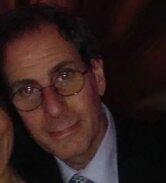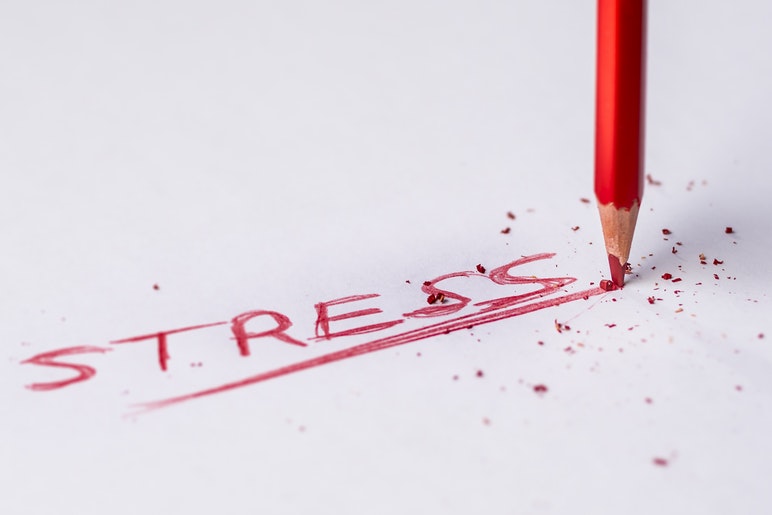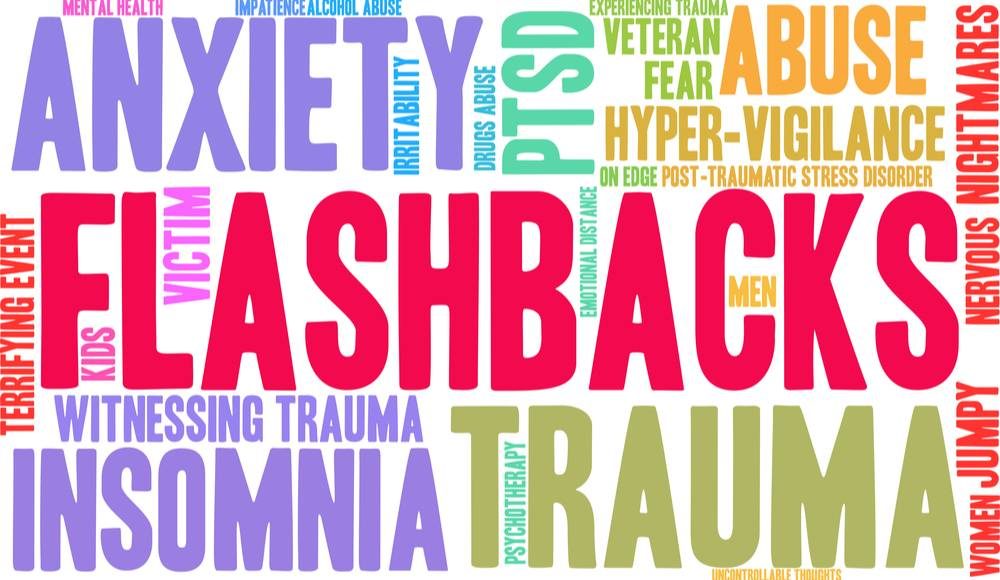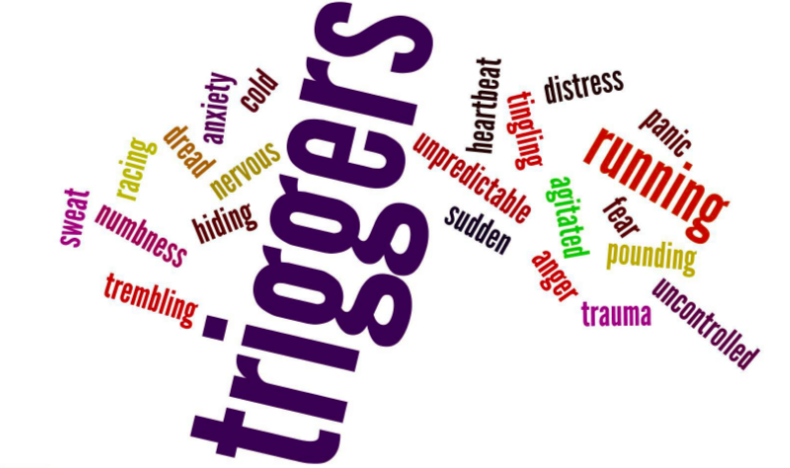The Meaning of Life

From nature’s point of view, the meaning of life is life itself. And we are all instinctively driven toward survival and reproduction to fulfill this meaning. How we make our lives meaningful is a subject unto itself, not to be confused with our present discussion. Besides, before we can have a meaningful life we must first have life.
Every cell of the living organism inherently reveres its own existence. We are programmed by nature to preserve our lives, yet we do observe many individuals who appear to conduct themselves contrary to this instinct. At first glance we tend to label these individuals as selfdestructive. But are they? Or are they obediently responding to the moment, according to instinctive commands? In other words, is there positive intent in these ostensibly negative behaviors?
First, let’s distinguish between the momentary view of things and the longrange view of things. When someone lights up a cigarette, I am sure they acknowledge the contribution it makes to their demise. Yet this knowledge does not intercept their actions. Why? What is taking place in the moment that supersedes any consideration of the future? One thing for sure is: if we don’t survive the moment, there will be no future.
Let’s isolate the moment and examine exactly what is going on. In the case of the cigarette smoker, he is urged to light up by a feeling of discomfort. Even though the discomfort is derived from his smoking habit and is selfinflicted, it is nonetheless discomfort. On an instinctive level this negative feeling means danger or threat, and he is compelled to resolve it as soon as possible. The most expedient way to gain relief and escape this perceived danger is to once again light up. He saves himself in the moment.
Now, let’s look at the longrange effect of this strategy. If each time he feels this discomfort he takes another dose of nicotine, it will ultimately lead him to a much worse place than the recurring urge to smoke. Until he integrates this moment’s cause with the next moment’s effect, he will remain locked into the survival mode, while actually advancing down the road to ruin. In other words, his shortterm instinct for survival kills him in the long run? much like someone who desperately struggles in quicksand.
If we do not contemplate the consequences of our actions, we will have to experience them. It is in our contemplation that we are able to see the future cost of today’s indulgence. Deep thought is required to create a visceral response within. The pain one feels as the result of calculating the future must be greater than the pain one feels in the moment. Then and only then will we choose differently. In fact, now, making the right choice brings relief, changes our course, and leads us away from destruction.
When we are stuck in the moment, isolated from what comes next, we blindly grope, unaware of how close we are to the ledge. Ironically, the very meaning of life – survival hastens our demise. But if we integrate today with tomorrow, and understand that every cause has an effect, we can then get on with the work of making our lives meaningful.
As a natural health consultant for over 25 years Mark Houllif has been teaching the scientific principles of health promotion. The goal is to guide the individual back to health using natural and nutritonal methods. By removing the causes of disease and establishing conditions of health we allow the body to most powerfully manifest its natural healing tendencies.











